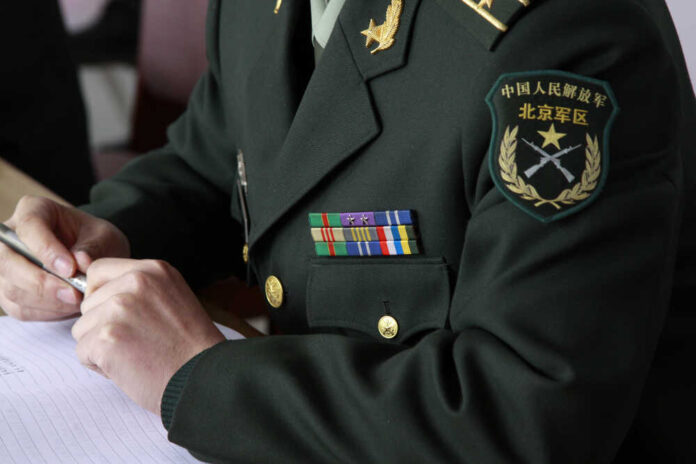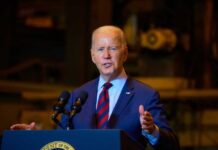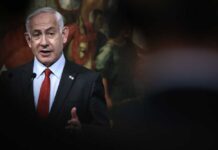
During his first foreign appearance, Chinese Defence Minister Li Shangfu warned that the People’s Liberation Army would strike against Taiwan’s supporters if they tried to back the island’s independence from Beijing at the Shangri-La Dialogue in Singapore.
As a member of the Communist Party, he advocated for Xi Jinping’s “Global Security Initiative,” which calls on countries to forego self-defense in favor of “win-win cooperation.”
Furthermore, he criticized America for being a “hegemonic” and “self-serving” clique-forming power. China is eager to collaborate with other countries to enhance security and confidence-building structures, advance fair security laws, strengthen multilateral security frameworks, and improve defense and security cooperation. He also stressed the need to consult and trust one another to resolve differences and avoid conflict.
In the South China Sea, Li Xiaobo has accused the United States of conducting “hegemony of navigation” exercises under the guise of “freedom of navigation” drills to “muddy the waters to rake in profits.”
He then made an address to Taiwan, in which he made threats of violence against anybody who acknowledged Taiwan’s independence. Li was cited as saying by the Defence Ministry that if someone dared to break Taiwan from China, the Chinese military would fiercely preserve China’s national sovereignty and territorial integrity. The DPP, which is anti-communist and pro-democracy, is the ruling party in Taiwan.
In response to Li’s speech, the Taiwanese government pointed out that June 4 marks the anniversary of the Tiananmen Square massacre in 1989, one of the deadliest occurrences in communist China’s history. Estimates put the number of casualties from the slaughter in the thousands. The tragedy has been mostly forgotten in China because of the Communist Party’s strict censorship. The event is discussed, but officials in occupied territories like Hong Kong insist it was not a massacre.
Joseph Wu, the foreign minister of Taiwan, has claimed that his country would maintain its independence and resilience to show Chinese people there is still hope.
On the occasion of the 4th anniversary of the Tiananmen Square Incident, the Taiwanese Mainland Affairs Council issued a statement demanding that China acknowledge the truth of the incident and abandon any use of force or coercion in its management of cross-Strait relations.
Li’s statements on Taiwan were less aggressive than others from China, but they nevertheless implied that participants in the Shangri-La Dialogue would have to resort to violence to seize the island. Chinese state media wasted no time portraying Li’s comments as a model of “world peace and development.”














